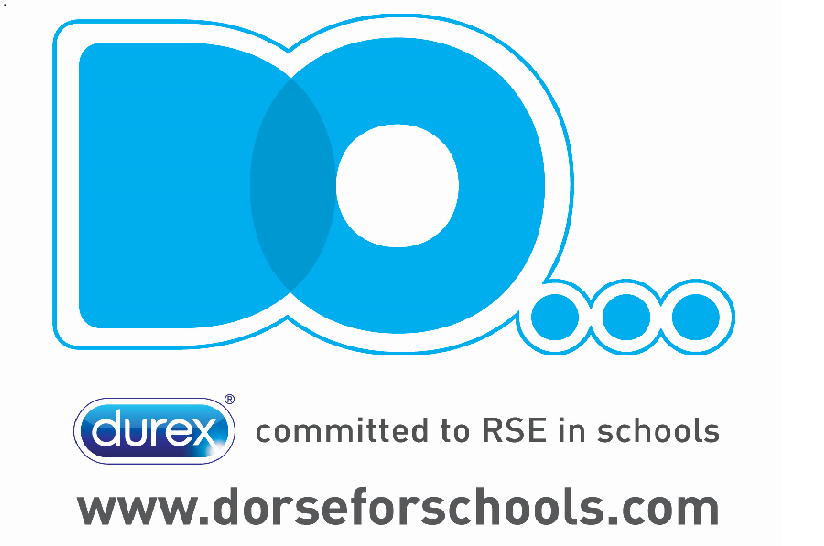How to discuss contraception with honesty and accuracy

We’ve come a long way since lemon rinds were a form of protection, but can you explain the difference between a diaphragm and a cap when it comes to teaching about contraception?
With statutory relationships and sex education (RSE) just around the corner, all teachers need to ensure lessons are current, accurate and informative - not easy when the subject comes without specific training.
One area where this is vitally important is contraception. Teenage pregnancy rates have been declining in the past couple of decades, coinciding with an increased emphasis on RSE. This is, of course, positive but we aren’t just teaching to keep teen pregnancy stats down.
The new statutory guidance for RSE requires teaching about the full range of contraceptive choices and facts about pregnancy. We also have to ensure that we teach about contraception’s role within relationships, and where students can access free contraception.
It’s about developing a holistic approach that provides the opportunity to teach lessons that link to all aspects of RSE to give students the tools to make informed decisions and consider their own values on the topic.
Sex education: history and facts of contraception
Contraception has evolved hugely in the past 60 years since the contraception pill was launched to market. Indeed, developments in contraception occur rapidly and that can cause misconceptions. For example, students often ask about male contraceptive pills and, with media hype, it can be confusing as to whether this it’s available. It’s not - but it is looking like a more imminent possibility so it’s important we ensure teaching is as accurate and up-to-date as possible.
The majority of contraception now has over 90 per cent success rate, with plenty of contraception having 99 per cent success rate when taken properly. These are the implant, the injection, the patch and the pill. Sharing information about the success rates of contraception is important as there may be misconceptions around what is more likely to work.
In my experience, students often think barrier methods have higher success rates. But actually the success rates for these types of contraception are lower, as seen on the NHS website, which is a great resource for learning about different forms of contraception, including success rates and common side effects.
Myths and misconceptions
One of the key things to address in RSE is the plethora of misconceptions, including on contraception: “Shouldn’t you wear two condoms to stop you from getting pregnant?” and “Can’t you get STIs from sharing towels?” These sort of questions may be easy to answer but sometimes students may make statements that really make you think.
Here are a few things I’ve faced in the classroom.
“It’s not relevant for me.”
I’ve had students tell me that knowing about contraception isn’t relevant for a whole host of reasons: not interested in sex, their gender, sexuality, religion, it’s the other party’s responsibility and so on. But often students have misconceptions about contraception in relation to these factors.
This also serves as an important reminder for us to be vigilant of own language while unpacking these issues to ensure that we are being inclusive - an essential aspect of the new RSE guidance. Use comments like this as an opportunity to discuss with students how contraception links to wider topics of RSE such as contraception’s role in healthy relationships, consent, ethics and politics.
“Taking contraception (usually the pill) makes you fat, or emotional”
Concerned students often raise this in my classes, and while it’s important that we address the side effects of any form of contraception, we must not scare students. Note that yes, some people may suffer from side effects from one type of contraception but that’s why it’s important to make an informed decision about which to opt for, especially as we are very fortunate that there are others to try if one proves unsuitable.
”You can’t get pregnant if….”
I have definitely been caught out with this one before. A student raises their hand and boldly tells the class how you can’t get pregnant if you’re on your period, and you’re suddenly doubting yourself. We can’t prepare for every question and in this topic there are usually a lot of questions. But if there is a question that you’re unsure of, be honest, tell the class you’ll find out and revisit it next lesson - just as you would any other class.
“You can’t get contraception if…”
Often students have misconceptions around accessing contraception, believing if they visit a doctor they have to go with parents or that parents will be informed if they are under 16. It’s important to explain you can go to the doctor and receive free, confidential advice about contraception regardless of age. I provide the address of the nearest sexual health clinic, explaining the difference between what a sexual health clinic and the doctors can do for them.
What these sort of questions show is that there are two fundamental aspects to teaching RSE that teachers need to embrace.
RSE subject knowledge
Firstly, while it’s vital you’re confident in what you’re teaching,you should acknowledge when you don’t know something. In one lesson, for example, I was stumped when a student asked me the difference between a cap and diaphragm. I knew the information, with success rates and pictures, but I just couldn’t quite explain it in my own words. Getting your head around this kind of information before you step into the classroom will help.
To help with this you could always turn to local services, such as by getting in touch with local sexual health nurses, who can come into schools to talk to students about sexual health, contraception and how students can access their services.
Create an open atmosphere in RSE classes
Secondly, it’s important to build an environment where students feel able to ask questions around such a sensitive topic. Some teachers worry that students will ask something inappropriate and I always get ahead of this by stating at the start of any RSE lesson: “No personal questions to me, or stories about a friend you know.”
But I do tell students they can ask questions like “what, how and why”. Or using a question box gives students a chance to be anonymous. You may get edgy questions but you will also have time to consider how to approach this in the most appropriate way.
Overall, teaching RSE can be great fun. Enjoy the innocence and the outrageousness of some of the questions, embrace correcting your own misconceptions, and know that what you’re teaching is as vital as any other lesson on the curriculum.
Maria Vogler is a PSHE lead, head of department in drama and English teacher
